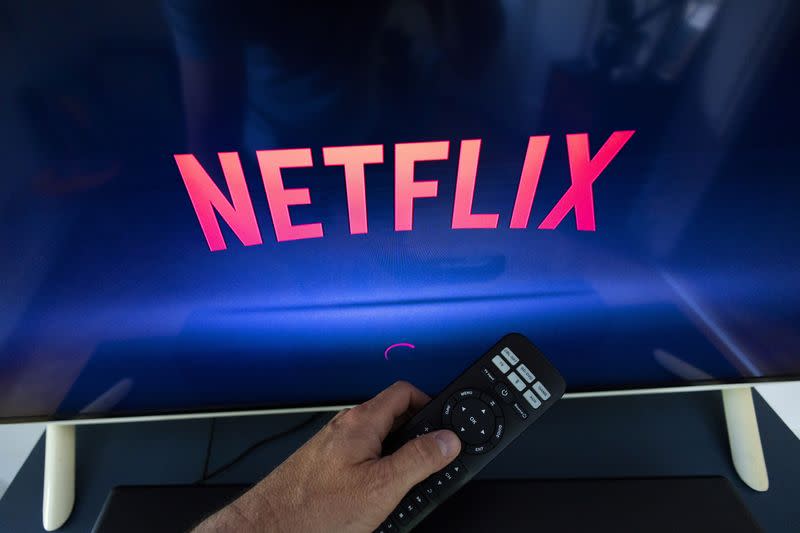
By Hyonhee Shin
SEOUL (Reuters) – South Korean residents in Suriname have been told to take care of their safety by the embassy after the Latin American country said it would explore legal action against the producers of South Korea’s hit Netflix series “Narco-Saints” which fosters negative images of the country by portraying it as a “narco state.”
The show, released this month and titled “Suriname” in South Korea, tells the story of a man who risked his life to join a secret mission to capture a Korean drug lord operating in Suriname, based on real-life events from about two decades ago.
But the Latin American country said the show presented it as a “narco state” based on past “crime and cross-border activities” that the government had tried for decades to eradicate.
“Suriname no longer has the image that emerges in the series or no longer participates in these kinds of practices,” Foreign Minister Albert Ramdin said in a statement posted on Monday on the government’s website.
“Whether the practices presented … are true or false, it’s creating a negative perception. The whole world sees these things, so this is not good,” he said.
Ramdin said he would consider taking legal action against the producers and lodge a diplomatic protest with South Korea’s government.
Following the foreign minister’s statement, the Korean embassy in Venezuela, which is also responsible for relations with Suriname, on Tuesday posted a statement warning Korean residents there to pay special attention to their safety.
“We assume Korean residents in Suriname must be greatly concerned due to the airing of the drama Narcos-Saints. Your safety is our greatest concern, and therefore the embassy will do its best to ensure your safety,” it said.
South Korea had not received any formal statement from Suriname on the issue, an official at Seoul’s foreign ministry said on Thursday.
The director of the show declined to comment, while Netflix said it has no plan to issue any comment on the matter.
(Reporting by Hyonhee Shin; Additional reporting by Joori Roh; Editing by Stephen Coates and Mark Porter)




